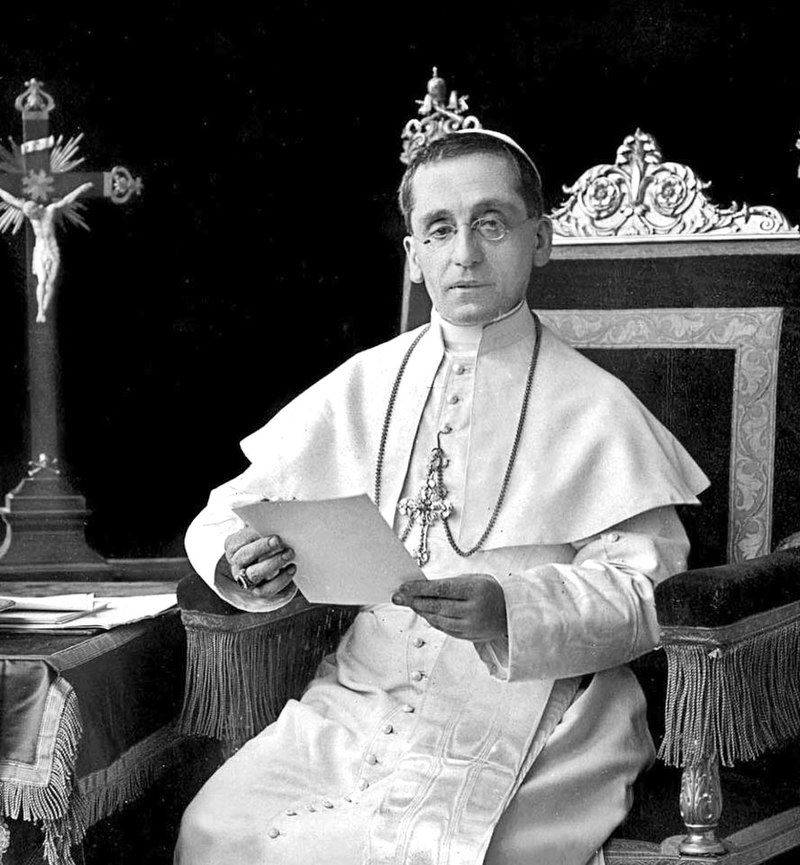
Pope Benedict XV Peace efforts
Benedict XV’s pontificate was dominated by World War I, which he termed, along with its turbulent aftermath, “the suicide of Europe.”[25] Benedict’s first encyclical extended

Benedict XV’s pontificate was dominated by World War I, which he termed, along with its turbulent aftermath, “the suicide of Europe.”[25] Benedict’s first encyclical extended
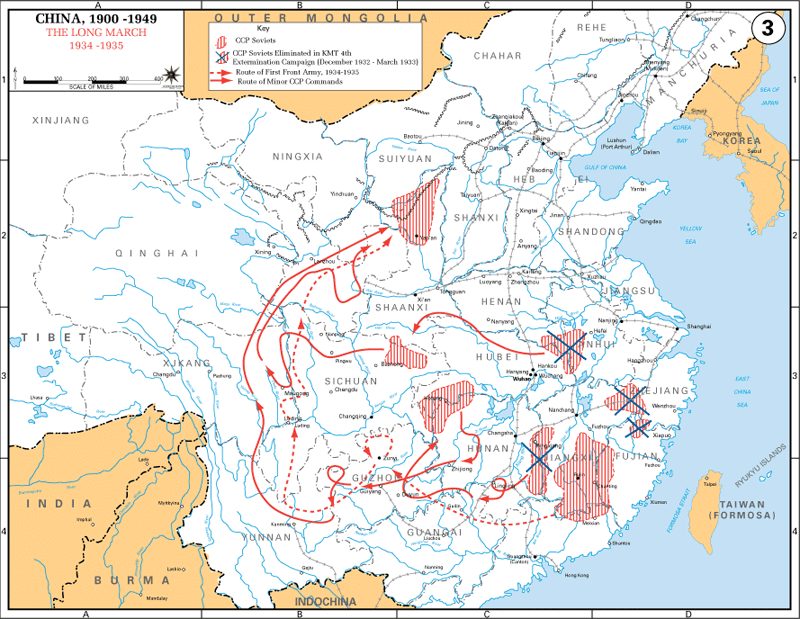
The Chinese Civil War was fought between the Kuomintang-led government of the Republic of China and forces of the Chinese Communist Party, continuing intermittently since
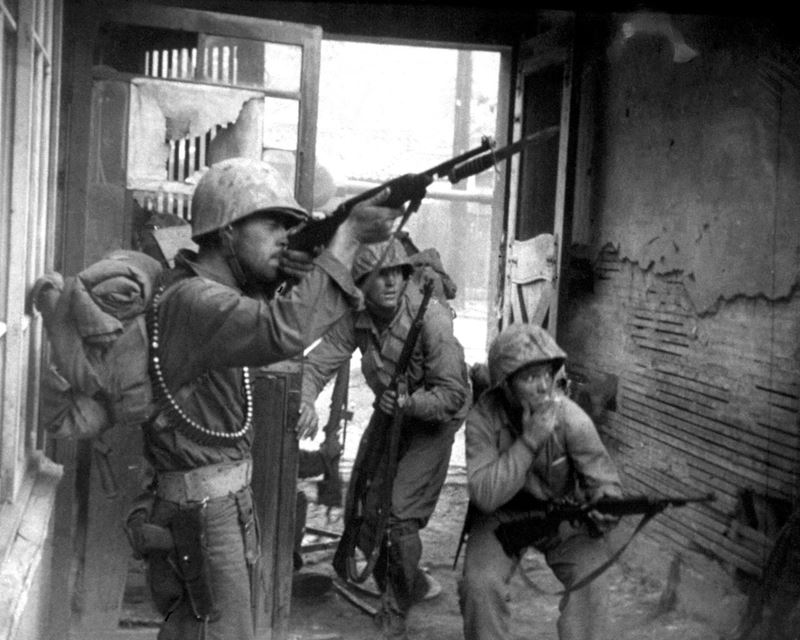
The X Corps entered Seoul the morning of September 25th. By mid-afternoon, elements of the 7th Infantry Division crossed the Han River and captured Namsan
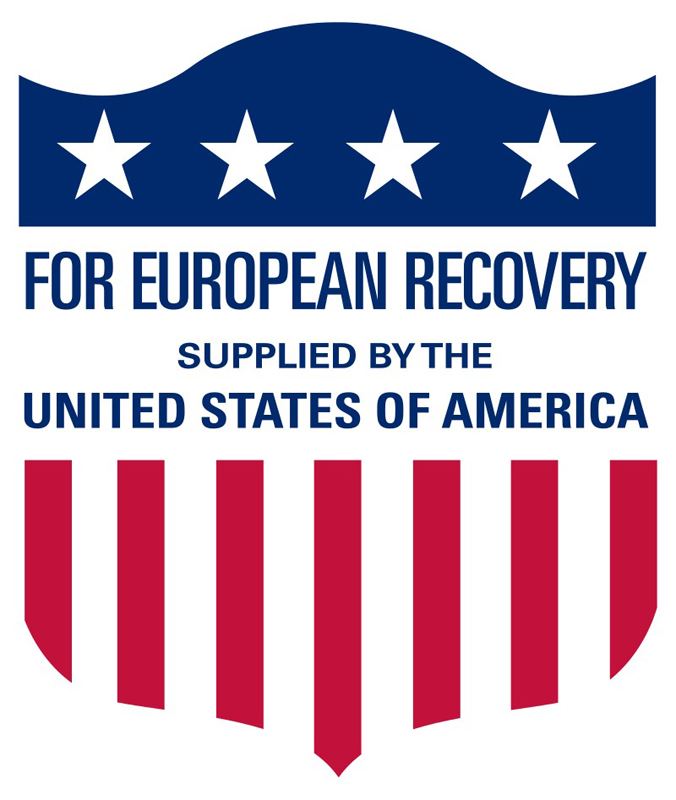
The Marshall Plan (officially the European Recovery Program, ERP) was an American initiative enacted in 1948 to provide foreign aid to Western Europe. The United
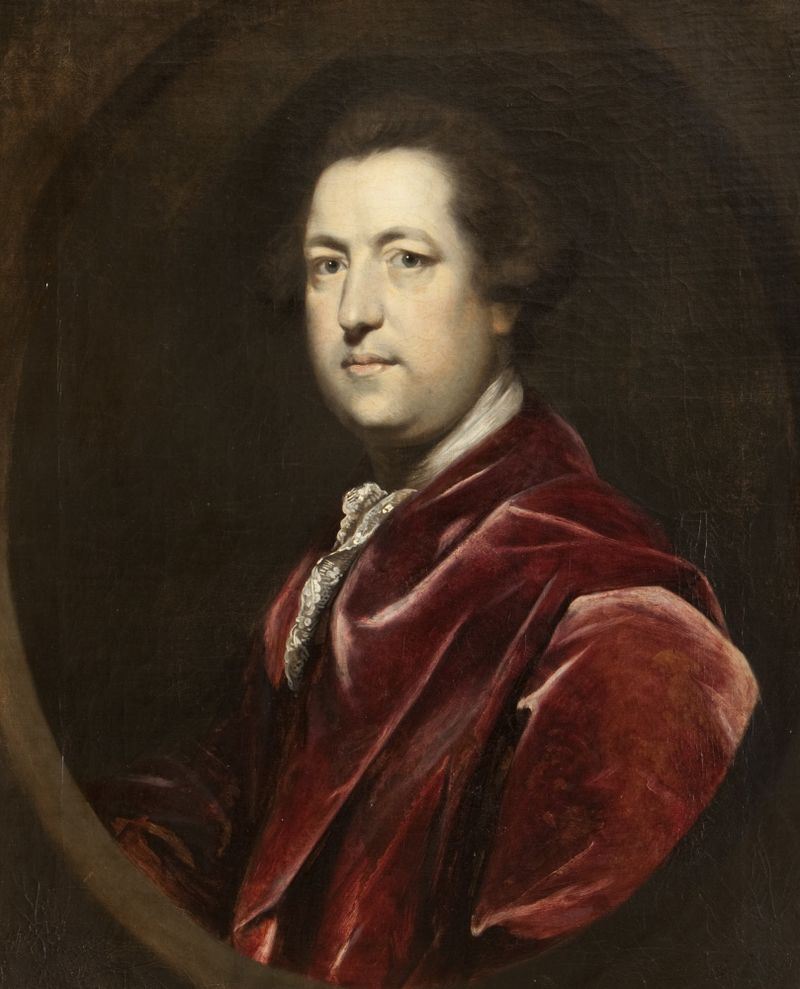
The Townshend Acts met stiff resistance in the colonies, and public opposition to them was widely debated in colonial newspapers. Opponents of the Acts gradually
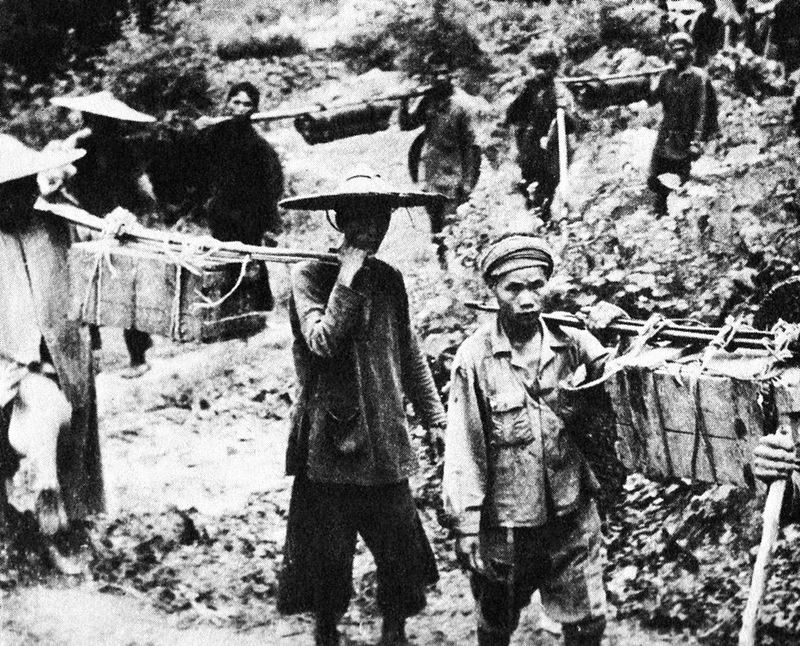
Fighting broke out all along the border with North Vietnam.[1] North Vietnamese Army regular units participated in attacks on July 28–31, 1959.[1] These operations established
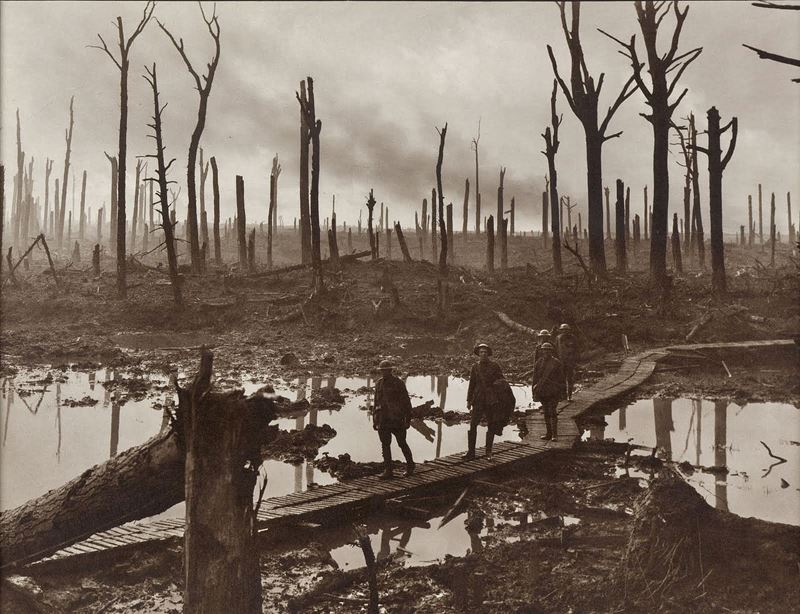
The Third Battle of Ypres (German: Dritte Flandernschlacht; French: Troisième Bataille des Flandres; Dutch: Derde Slag om Ieper), also known as the Battle of Passchendaele
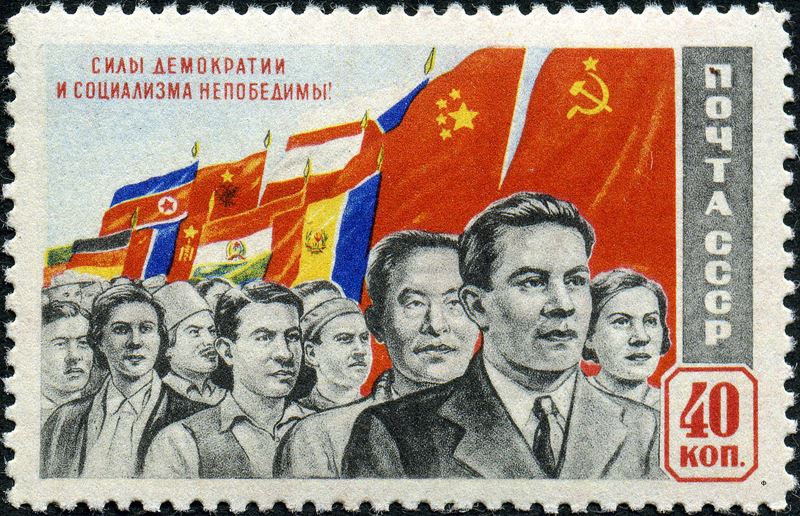
The Eastern Bloc, also known as the Communist Bloc and the Soviet Bloc, was the group of socialist states of Central and Eastern Europe, East